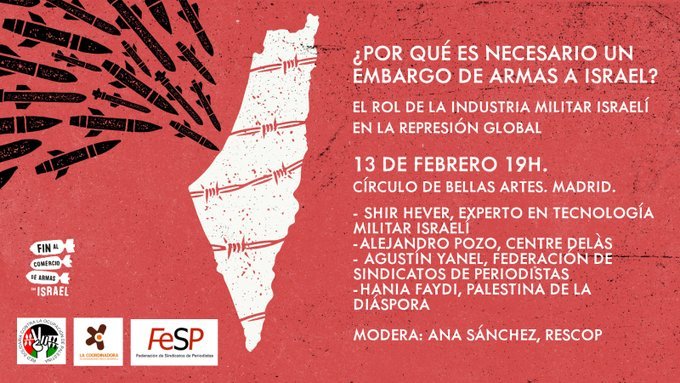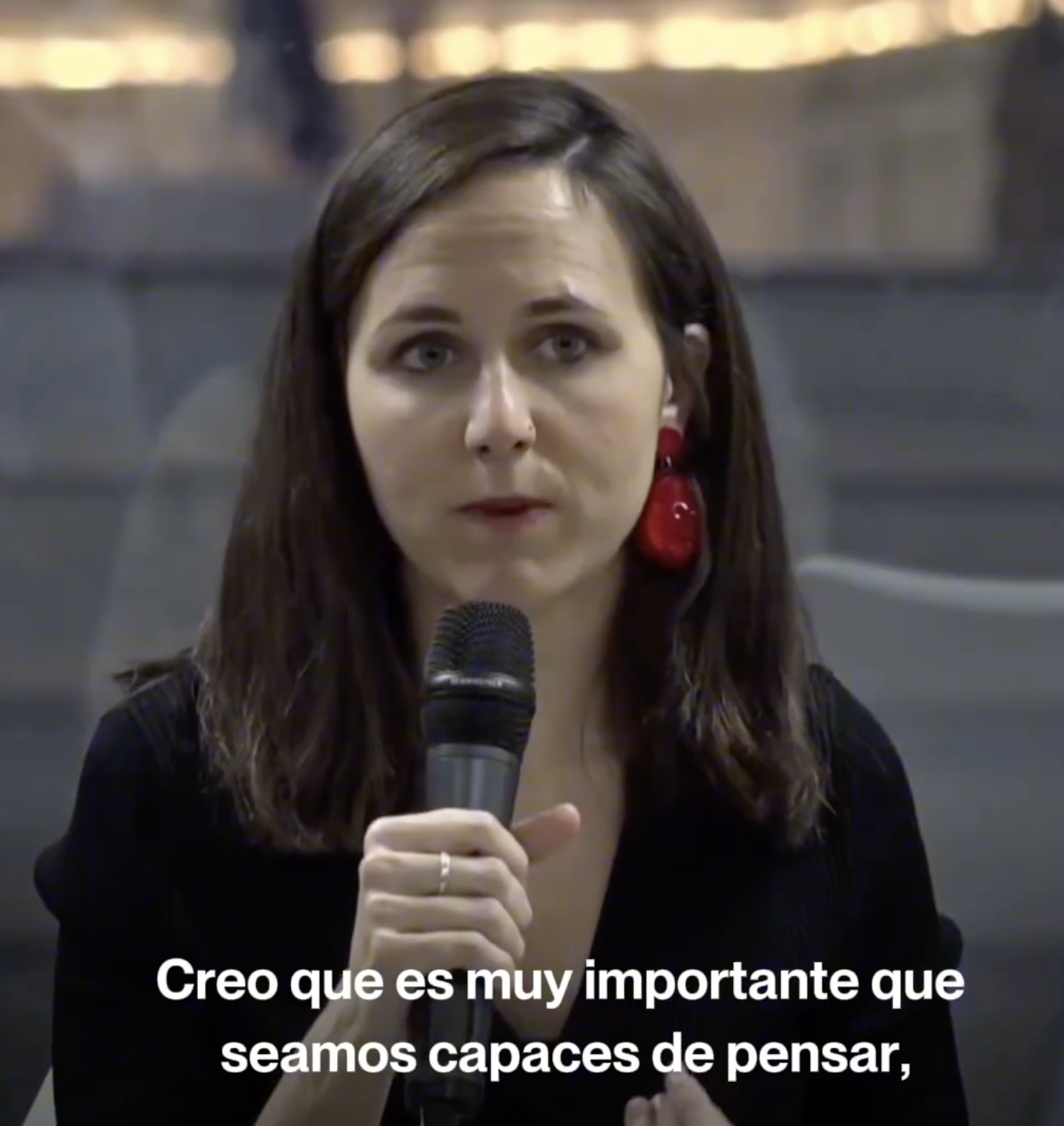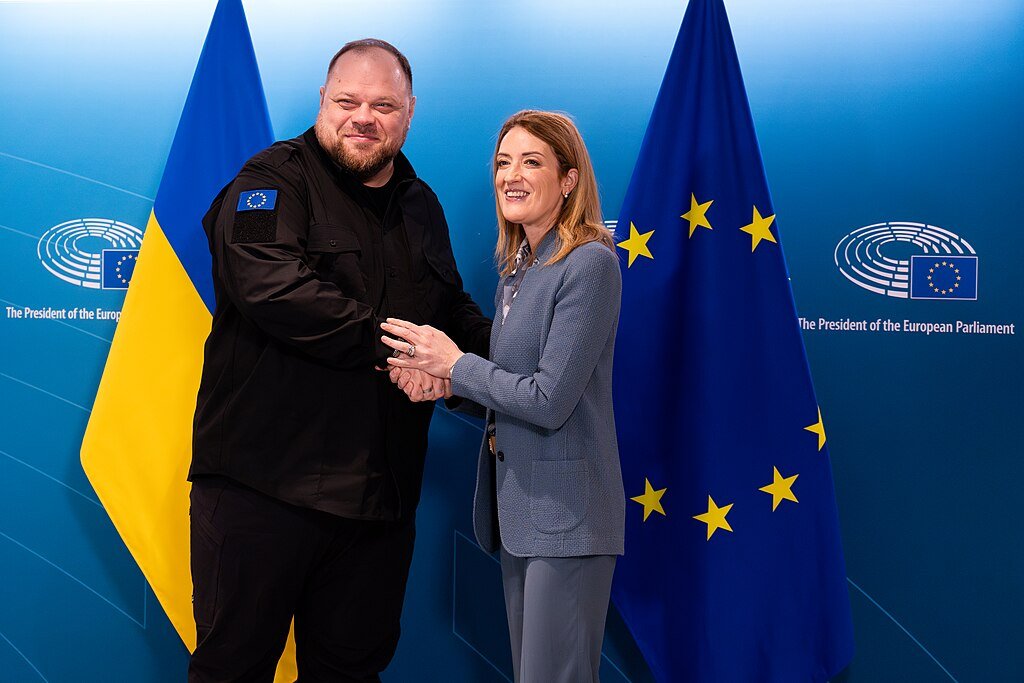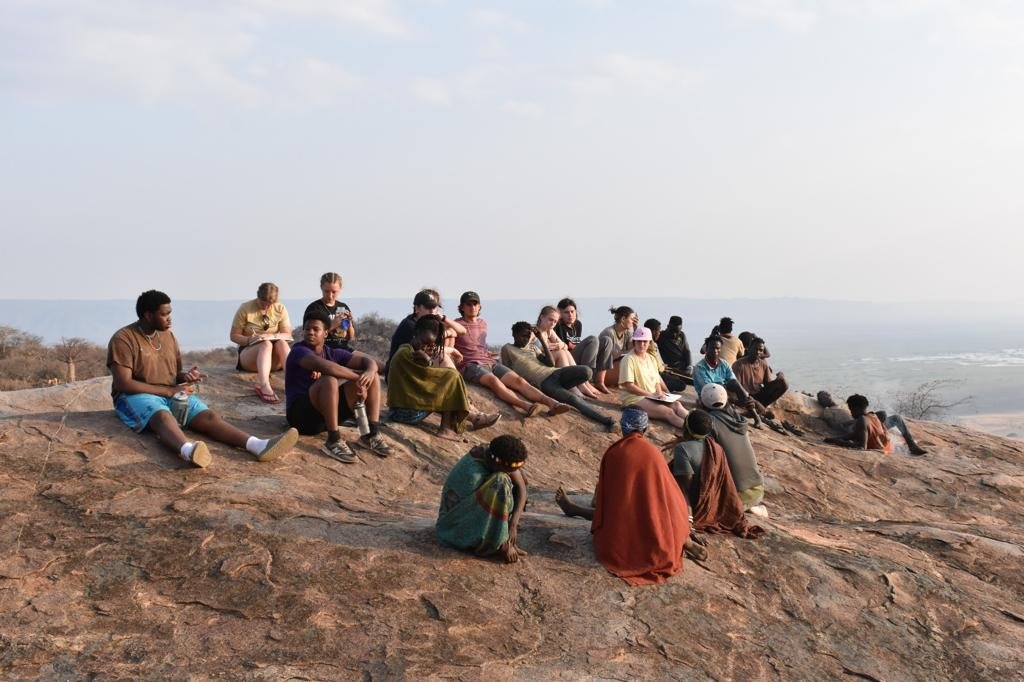
Stories
News

Analysis
Voices
Podcast
Announcements
Events

All Stories
Dreams and Nightmares: Georgia Navigates Russia-Europe Tensions in the South Caucasus
For the past few months, the world has been watching mass protests unfold in Georgia. These actions represent more than just opposition to the current government; they also reflect a deeper struggle over the country’s future. Caught between European integration and growing Russian influence, Georgians continue to push back against years of Kremlin-led democratic erosion. Their fight extends beyond Russia, shaping Georgia’s place in a shifting global order where the European Union (EU), the United States, and China also hold powerful influence.
The Democratic Skylight: Confronting Spain’s Enduring Politics of Violence
“You wouldn’t believe the things people have screamed at me in this room.” Our tour guide for the Democratic Skylight/El Tragaluz Democrático exhibition in Madrid’s La Arqueria didn’t mince words when she brought us into the room containing materials related to Spain’s 1921-1926 colonial war in Morocco. I had previously read about this vicious war (generally known as the Rif War), in which Spain deployed a range of chemical weapons against civilian populations, but I had naively assumed that this aspect of the country’s history was relatively well known.
#ProofOfLife: Eswatini Protests and the Power of Digital Activism
As ordinary people in Eswatini/Swaziland take to the streets to protest in favor of human rights and democracy, digital activism is playing an important role. Weave News contributor Phiwa T. argues that instead of dismissing such efforts, we should recognize that forms of digital protest can work hand in hand with traditional forms of street-level activism.
A Sense of History: Lessons From Haiti’s New Political Uprising
As students continue to play a key role in mass protests in Haiti against the current government of Jovenel Moïse, Jesús G. Ruiz argues that it is time we look to Haiti once again, not just for inspiration but also for lessons on how to engage politically and fight for one’s freedoms and rights.
Bolivia Faces a Double Battle
The effects of the coronavirus pandemic intersect with the effects of other social, political, and environmental problems throughout the world. Reporting from Bolivia, Gabriela Paz Ferreyra Barrientos explores how Bolivian society finds itself caught between ongoing political instability and a public health emergency: “Violence and confrontation in Bolivia require an urgent democratic election, yet the health of Bolivians is crying out for them to stay home and take care of themselves.”
Impeach Trump
By William Hunt
As the impeachment debate continues within the Democratic Party, Weave News contributor William Hunt shares a letter he recently sent to Senators Kirsten Gillibrand (D-NY) and Charles Schumer (D-NY) and Rep. Elise Stefanik (R-NY). “We are living through a slow-motion coup d’etat, a steady unraveling of democratic institutions. Six more years of it and the damage may become irreparable,” Hunt writes. He also notes that “the Democrats’ obsession with winning back Trump’s white rural and working class base risks dampening the enthusiasm of some essential Democratic constituencies, among them African-Americans, Hispanics, progressive women, sexual minorities, and the young in general.”
Lured To Injustice: The 'Sleep of Reason' in Poland
By Łukasz W. Niparko
Reporting from Poland, Łukasz W. Niparko warns of a troubling trend toward authoritarianism in the country as thirty years of post-Communist “shock therapy” give way to sustained attacks on democracy and the rule of law by the ruling PIS party.
Are Comparisons of South Africa and Israel Useful?
By Jon Soske and Sean Jacobs
This post is part of our project, Holot: Crossroads of Global Violence. It was originally published by Mondoweiss and is reprinted here with permission of the authors.
The South African Nobel laureate J.M. Coetzee has a habit of speaking in rhetoricals. The effect, however, is that he makes his point quite clearly. This was the case recently at the Palestine Festival of Literature, which travels through Israel and the occupied Palestinian territories. Speaking on the festival’s last day, Coetzee noticed that “naturally people ask me what I see of South Africa in the present situation in Palestine.”
At first, Coetzee suggested that using the word apartheid to describe the occupation is not a productive step (“it diverts one into an inflamed semantic wrangle which cuts short the opportunities of analysis”). Coetzee then offered a definition of South African apartheid: “Apartheid was a system of enforced segregation based on race or ethnicity, put in place by an exclusive, self defined group in order to consolidate colonial conquest particular to cement its hold on the land and natural resources.” He continued, “In Jerusalem and the West Bank we see a system of …” and proceeded to read the same definition, ending to applause: “Draw your own conclusions.”














































































































